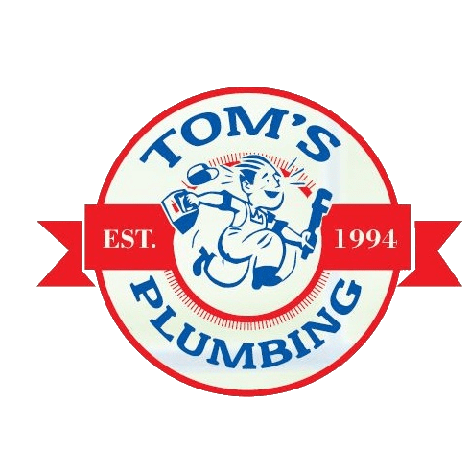A tankless coil water heater is usually integrated with a building's space heater system, and work best during colder times of the year when the heat is being used. The water passes through an existing heater or boiler before it is delivered to the tap.
Heat pump water heaters do not generate heat directly, but move heat from one place to another, acting as a reverse refrigerator. For this reason, they can be two to three times more efficient than a conventional electric water heater.
A tankless water heater can save you energy dollars, but the hot water flow rate may not be what you've come to expect from a tank style water heater. This is especially true if a high volume appliance, like a washing machine, is operating at the same time you need hot water from the tap.
Dry firing refers to connecting an electric water heater to a power source without completely filling the tank. Since the heating element is not completely submerged, it will likely burn out. For this reason, dry firing should always be avoided.
Although a conventional tank style water heater can last from 10 to 15 years, the U.S. Department of Energy recommends closely monitoring a water heater that is seven years old or older. Although failures at this stage are uncommon, they do occur, especially if the water heater hasn't been well maintained.
The water heater industry is growing at a rate of about 4 percent a year. Part of that growth is due to industry advancements in energy conservation. Care to guess what types of water heaters are considered the most energy efficient? That would be solar, tankless and heat pump hybrids.

